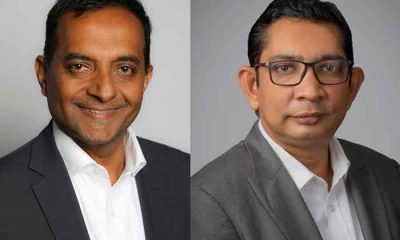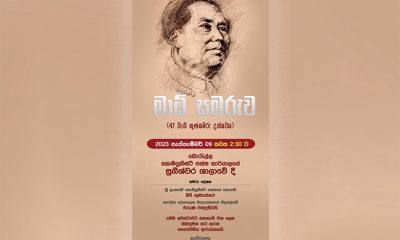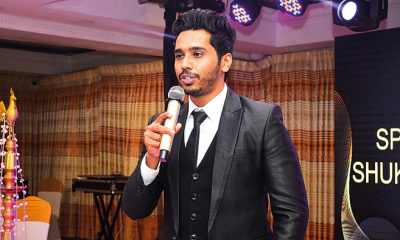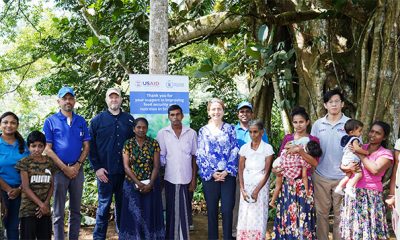News
Asia, Pacific policymakers gather in Colombo to review lessons learnt from pandemic and environmental crises and transform agrifood systems
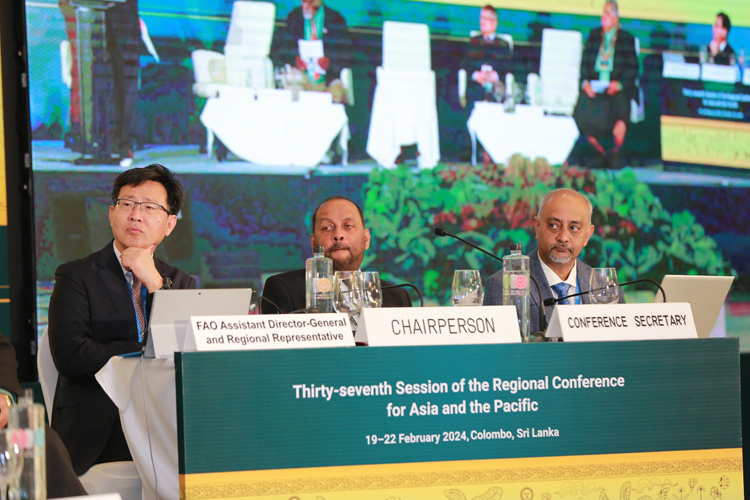
Government policymakers from across the Asia and Pacific region are meeting here this week to work out a pathway to reform their agrifood systems and accelerate recovery from pandemic and environmental crises, the Food and Agriculture Organisation of the United Nations (FAO), a communique has said.
“Government Ministers and Heads of Delegation from as many as 46 FAO Member Nations have gathered in the Sri Lankan capital for the opening of the 37th Ministerial Session of the FAO Regional Conference for Asia and the Pacific (APRC37). The APRC37 is hosted by the Government of Sri Lanka.
“The FAO Director-General, Dr. Q.U. Dongyu, is leading a delegation from FAO headquarters in Rome to participate in the four-day forum. He will make a Statement to Conference on the second (Inaugural) day of the APRC37. It’s anticipated President Ranil Wickremesinghe, will also speak during the morning of the Inaugural Day (20 Feb).
“The global pandemic and years of environmental crises have hit this region disproportionately hard, with economic progress and individual livelihoods regressed, and floods, droughts and tropical storms badly affecting agricultural production in some parts of the region that are least resilient.”
Meantime, hunger and other forms of malnutrition persist, with nearly 371 million people in Asia-Pacific who are undernourished. At the same time, the increasing cost of a healthy diet is leaving many families unable to afford one.
“Given the setbacks over the last two years, and the decline in progress in the fight against hunger that preceded the pandemic, it is essential to transform the region’s food systems so that they become more efficient, inclusive, resilient, and sustainable.
“In order for FAO Member Nations to accelerate this Agrifood Systems Transformation, three pathways were proposed.
“First, by identifying triggers of foresight, shaping, fine-tuning, and implementing food systems transformation pathways through the process fostered by the UN Food Systems Summit 2021, and the follow-up to that Summit, the ‘Stock Taking Moment’ convened last year.
“Second, to end hunger there must be much more investment and financing for such a transformation – both from governments and from the private sector and other international financial institutions.
“And, finally, the region needed to build resilience in its plant, livestock, fisheries, and forestry sectors, while promoting nature-based solutions and emphasising science, innovation and digitalisation in communities large and small while disseminating climate and energy-smart agricultural practices.
“The Ministers and Heads of Delegation will participate in a number of roundtable discussions. One is focusing on lessons learned from the pandemic and its impact on food security and nutrition, another on modernisation and digitisation for smallholders in aquaculture and livestock, building resilience through agrifood systems transformation, the need for investment and financing for poverty reduction and modernisation, and another on saving food and water and reducing food loss and waste.
“During the APRC37, a Special Ministerial Meeting for Small Island Developing States (SIDS), Least Developed Countries (LDCs), and Landlocked Developing Countries (LLDCs) will be held, with many Ministers from Pacific Island nations participating.
“Another special ministerial event on the final day of APRC37 will focus on Agritourism in Asia and the Pacific, and how it can accelerate rural development and enhance livelihoods.
“Civil Society Organisations and the private sector have also been invited to speak at the conference.”
News
Royal Navy of Oman Ship ‘AL SEEB’ leaves island
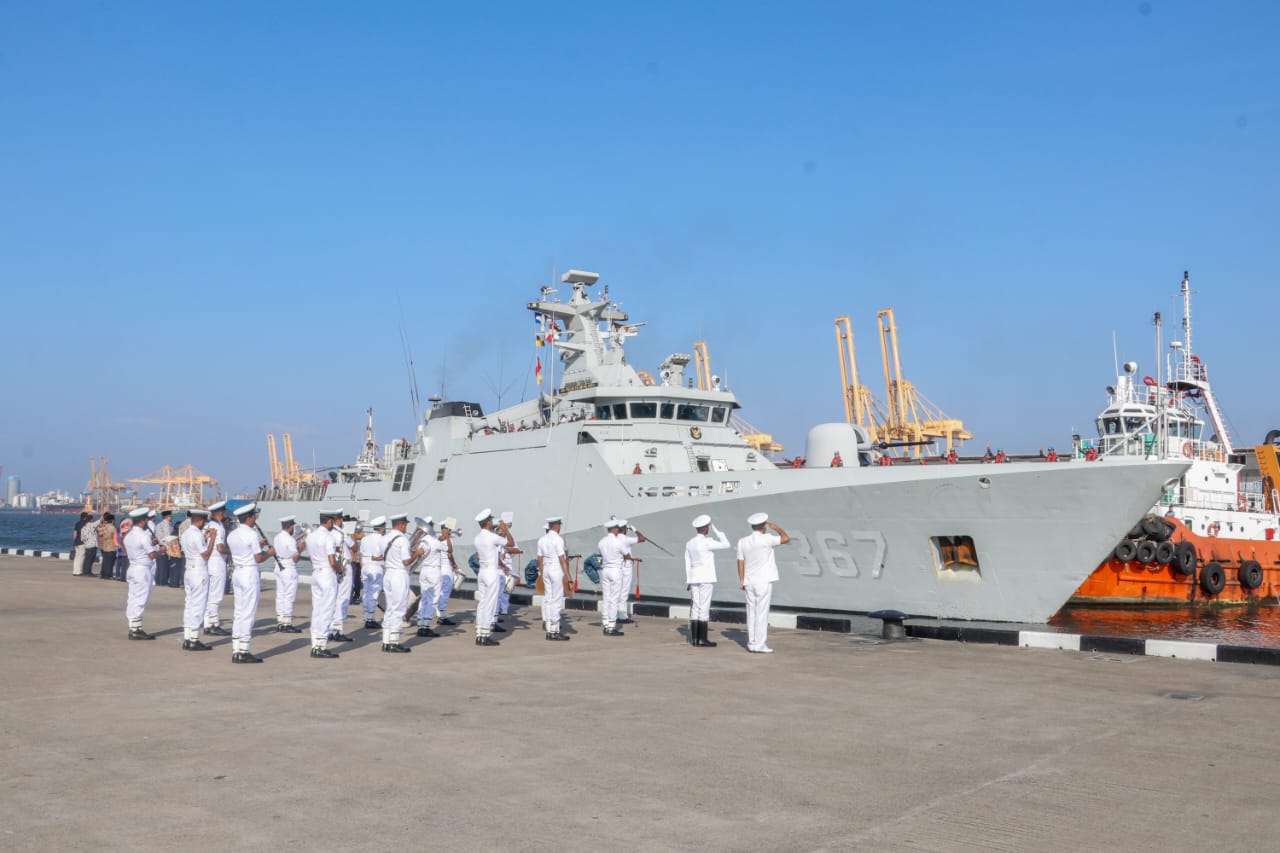
The Royal Navy of Oman Ship ‘AL SEEB’ concluded a logistics replenishment visit to Sri Lanka and departed the Port of Colombo on 24 Jan 26.
In accordance with naval tradition, the Sri Lanka Navy extended a customary farewell to the departing ship.
Latest News
Gold tops $5,000 for first time ever, adding to historic rally

The price of gold has risen above $5,000 (£3,659) an ounce for the first time, extending a historic rally that saw the precious metal jump by more than 60% in 2025.
It comes as tensions between the US and NATO over Greenland have added to growing concerns about financial and geopolitical uncertainty.
US President Donald Trump’s trade policies have also worried markets. On Saturday he threatened to impose a 100% tariff on Canada if it strikes a trade deal with China.
Gold and other precious metals are seen as a so-called safe-haven assets that investors buy in times of uncertainty.
Demand for gold has also been driven by a range of other factors including higher-than-usual inflation, the weak US dollar, buying by central banks around the world and as the US Federal Reserve is expected to cut interest rates again this year.
Wars in Ukraine and Gaza, as well as Washington seizing Venezuelan President Nicolás Maduro, have also helped push up the price of gold.
On Friday, silver topped $100 an ounce for the first time, building on its almost 150% rise last year.
[BBC]
News
Auditor General issue acid test for newly constituted CC, says former COPE Chief
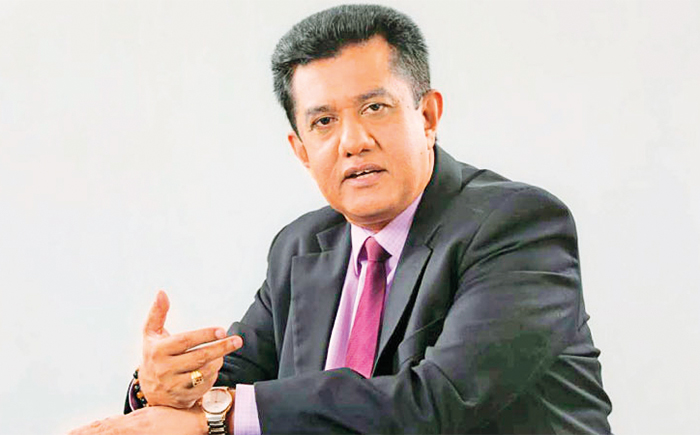
SJB Working Committee member and ex-SLPP lawmaker Charitha Herath says that all eyes are on the newly constituted Constitutional Council (CC) as to how it will handle the dispute between President Anura Kumara Dissanayake, and the previous CC, over the appointment of Auditor General (AG).
The former parliamentarian said so in response to The Island query yesterday (25). In terms of the Constitution, Prime Minister Dr. Harini Amarasuriya and Opposition Leader Sajith Premadasa last week agreed on the appointment of former civil servant Austin Fernando, Professor Wasantha Seneviratne and Ranjith Ariyaratne as non-MP members of the CC.
They replaced former Ministry Secretary Dr. Prathap Ramanujam, former Chairperson of the Sri Lanka Medical Association Dr. Dilkushi Anula Wijesundere and Dr. Dinesha Samararatne of the University of Colombo. Pointing out that they rejected the President’s nominees for the AG’s post on several occasions, Herath emphasised the pivotal importance of the appointment of a person with impeccable credentials.
The other CC members are the Prime Minister, Speaker Dr. Jagath Wickremaratne (Chairman), the Opposition Leader, the President’s nominee Bimal Rathnayake and five persons appointed by the President, upon being nominated as follows: one MP nominated by agreement of the majority of the MPs representing the Government (Aboobucker Athambawa, MP), one MP nominated by agreement of the majority of the Members of Parliament of the political party, or independent group, to which the Leader of the Opposition belongs (Ajith P. Perera, MP), and one MP nominated by agreement of the Members of Parliament other than those representing the Government and those belonging to the political party or independent group to which the Leader of the Opposition belongs, and appointed by the President ( Sivagnanam Shritharan, MP.)
The present CC was established on October 31, 2022 in terms of the 21st Amendment to the Constitution. The Attorney General heads the National Audit Office (NAO). One-time COPE Chief said that it would be the responsibility of the government to ensure the integrity of the NAO.
Chulantha Wickramaratne, who served as AG for a period of six years, retired in April 2025. Following his retirement, President Dissanayake nominated H.T.P. Chandana, an audit officer at the Ceylon Petroleum Corporation as the AG. The CC rejected that nomination. Subsequently, President Dissanayake appointed the next senior-most official at the NAO Dharmapala Gammanpila as Acting Auditor General for a period of six months. Then, the President nominated Senior Deputy Auditor General L.S.I. Jayarathne to serve in an acting capacity, but her nomination, too, was also rejected. Many an eyebrow was raised when the President nominated O.R. Rajasinghe, the Internal Audit Director of the Sri Lanka Army for the top post. That nomination too was rejected. As a result, the vital position remains vacant since 07 December, 2025.
Herath said that the government was in a bind over the Auditor General’s appointment and the disgraceful campaign launched against Attorney General Parinda Ranasinghe, Jr, PC.
The ex-lawmaker said that JVP/NPP loyalists masquerading as journalists and civil activists had launched the protest against the Attorney General. Herath said that the decision to send Deputy Secretary General of Parliament Chaminda Kularatne, on compulsory leave, too, was a matter of serious concern.
Herath said: “This is the same government that campaigned strongly on non-interference, institutional independence, and respect for the rule of law—principles they used to criticise every previous administration. Now, they appear to be doing exactly what they once opposed, only more openly. If this pattern continues, these undemocratic actions will eventually lead to their own downfall.”
BASL in late December, 2025 urged President Dissanayake and others, including the Opposition Leader, to consult civil society and professional bodies, including them, before the appointment of civil society representatives.
Herath said that the newly constituted CC would face its first acid test when it addressed the Auditor General issue.
by Shamindra Ferdinando
-

 Business23 hours ago
Business23 hours agoComBank, UnionPay launch SplendorPlus Card for travelers to China
-

 Business2 days ago
Business2 days agoComBank advances ForwardTogether agenda with event on sustainable business transformation
-

 Opinion7 days ago
Opinion7 days agoAmerican rulers’ hatred for Venezuela and its leaders
-
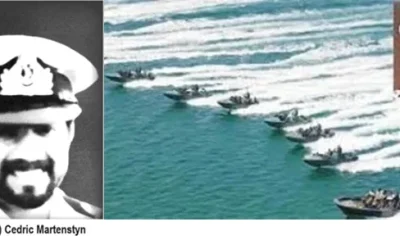
 Opinion5 days ago
Opinion5 days agoRemembering Cedric, who helped neutralise LTTE terrorism
-

 Business5 days ago
Business5 days agoCORALL Conservation Trust Fund – a historic first for SL
-

 Opinion4 days ago
Opinion4 days agoA puppet show?
-

 Opinion2 days ago
Opinion2 days agoConference “Microfinance and Credit Regulatory Authority Bill: Neither Here, Nor There”
-

 Opinion7 days ago
Opinion7 days agoHistory of St. Sebastian’s National Shrine Kandana


